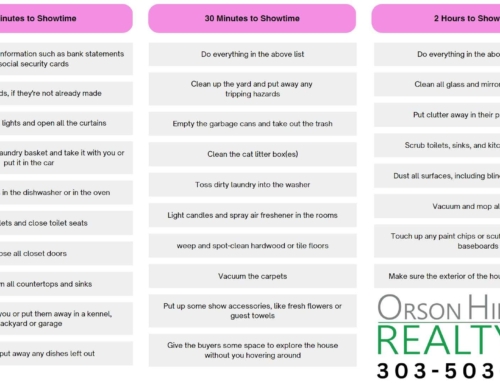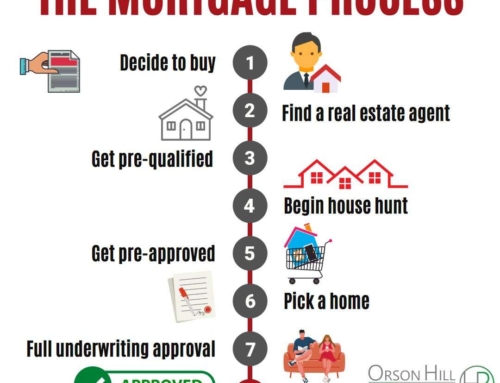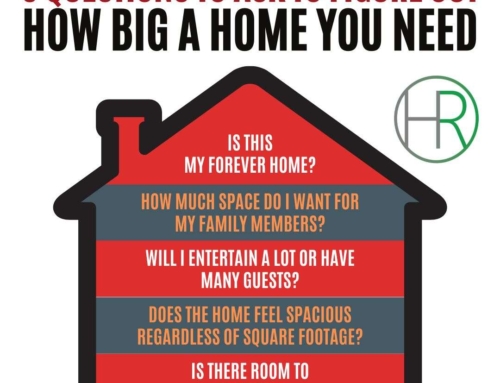The buyer’s agent writes up an offer and sends it to the listing agent. That is how almost all deals start. The one thing many people don’t understand is that there are a hundred different parts of a contract other than the price. Everything from who will be paying for closing costs and if the sale is contingent on the buyer selling the home they are living in. The price is only one item on the offer out of many other things that make the offer weaker of stronger. It goes without saying that an offer for under asking price without a contingent sale of another property is stronger than an offer closer to asking with that contingency. Simply because there are a lot more ducks that need to be in a row for the contingent offer to close. Especially if the contingent offer isn’t under contract yet or hasn’t been through inspection objections, the point where most contracts fall apart.
There is also no true definition of a “low ball offer”. That is a very relative term. A good rule of thumb is about 10%. The problem with that is, what if the listing is priced 5% over actual value? This happens a lot in luxury homes. Reason is that comparables are sometimes hard to find. Luxury homes are very unique and custom made. Many have great views or back up to public land and parks. So sometimes a low ball offer is not as low ball as the seller thinks.









Leave A Comment
You must be logged in to post a comment.